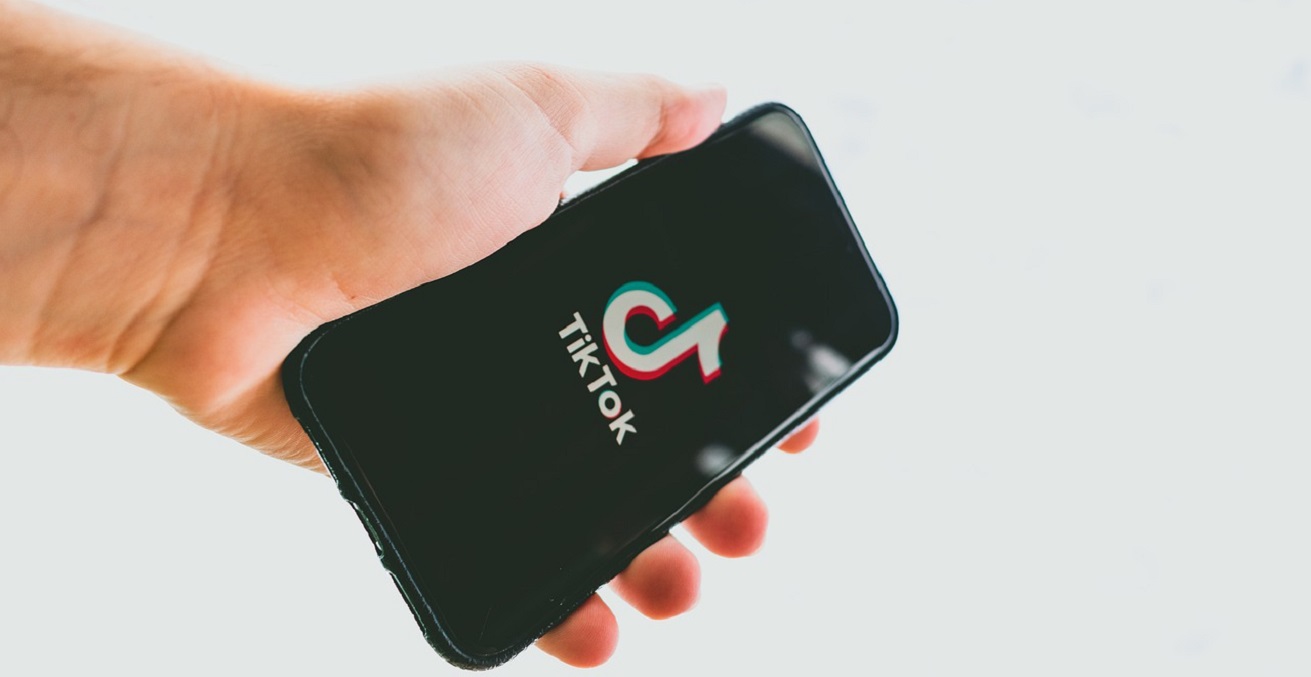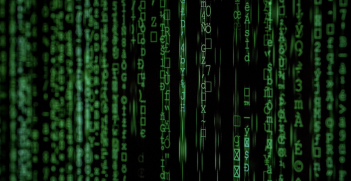Stranger Times: When TikTok Became a Geopolitical Football

President Trump’s recent threats against TikTok align with the US government’s broader strategy to maintain its comparative advantage over surveillance of its citizenry. This is not a moral panic, rather it is an(other) example of realpolitik in the pursuit of national interest in the age of surveillance capitalism.
At first glance, TikTok – an app popular with children and teenagers for recording short videos of themselves lip-syncing to popular songs to share online – is an unlikely source for global geopolitical tensions. However, over the last eighteen months, regulators, courts, and politicians across numerous countries have raised significant concerns about TikTok’s risks relating to cyberbullying, privacy, cybersecurity, and even threats to national security. In recent years, TikTok has rapidly become one of the most popular mobile phone applications used by people under 25 years of age, fuelled by viral three- to 60-second videos and celebrity usage. To increase engagement and reactions by its users, TikTok uses AI to recommend content. TikTok now operates in 175 countries, with over 2 billion downloads and 500 million active monthly users.
As China’s new surveillance capitalism champion, TikTok’s rapid growth has caused several countries to assess its potential threats to their national interests, including India, Indonesia, the United States, the European Union, and Australia. The responses of each of those countries has differed based upon their assessment of their relative interests in maintaining friendly economic and political ties with China.
After the rising border tensions between China and India in eastern Ladakh led to violent brawls and deaths, India banned dozens of apps with close links to Chinese businesses, including TikTok, on the basis of its need to protect the country’s sovereignty and integrity. Such a ban could result in a $6 billion revenue decline for ByteDance, the owner of TikTok, and has been one of India’s more effective strategies to place pressure upon the Chinese government to resolve the border dispute. In Indonesia, complaints were raised about ByteDance’s censoring of Indonesians who posted comments critical of the Chinese government on another of the company’s apps, Baca Berita, when such comments were not subject to sanction under Indonesia’s domestic laws. In 2018, TikTok was briefly banned in that country for violation of its anti-pornography and anti-blasphemy laws. Regulators around the world have launched investigations into TikTok, including the European Data Protection Board, with concerns raised about the app’s tracking of Android users through their phones’ MAC address, and the possibility of adults’ unauthorised sharing of children’s videos.
While the actions of India, Indonesia, and the EU may have dented TikTok’s revenue growth rate, in early August this year, it faced an existential threat when US Secretary of State Mike Pompeo outlined a strategy to constrain the Chinese government’s ability to access and collect data about Americans. Shortly thereafter, President Trump signed executive orders under the International Emergency Economic Powers Act and the National Emergencies Act against TikTok and WeChat, claiming that the ability of the Chinese government to collect data from large numbers of Americans through those apps constituted a threat to national security, and threatened to ban the apps from the United States after 45 days. The US secretary of commerce was then empowered to specify which transactions and which subsidiaries will be subject to transactional bans (which could also have extra-territorial effect, projecting America’s interests onto the rest of the world). The Committee on Foreign Investment in the United States was already investigating ByteDance’s acquisition of Musical.Ly, and based on its analysis, President Trump could order the company to sell TikTok under section 721 of the Defense Production Act of 1950.
Under threat by President Trump to ban it on national security grounds, a number of large US companies have proposed purchasing TikTok, including Microsoft, Twitter, Oracle, and Walmart. One risk for potential purchasers is that a significant proportion of TikTok users appear to be under the age of 13, which would make them subject to the U.S. Child Online Privacy Protection Act (COPPA) and increase TikTok’s compliance costs by requiring explicit parental consent. In 2018, TikTok settled an Federal Trade Commission investigation into its COPPA violations by paying a $5.7 million fine, and it uses facial recognition techniques and social network graphs to estimate the age of its users. Similar problems with protecting the interests of children exist for American social media companies such as SnapChat and Instagram. If Microsoft were to acquire TikTok to resolve the American government’s national security concerns, this may lead to other countries launching similar investigations based upon the 2013 revelations by Edward Snowden on Microsoft’s history of close collaboration with the National Security Agency and FBI to circumvent its own encryption systems.
It is argued by some that Trump’s interest is not to protect American citizens’ data from all government access, only to make it harder for a rising foreign government, China, to have equal or greater access to that data as the American government. In that light, this dispute becomes a question of comparative advantage for state surveillance economies of scale, similar to data localisation debates, about which I have previously written. It is also possible that President Trump’s animosity for TikTok may be driven by personal interest, especially since tens of thousands of its members collaborated to embarrass him by registering to attend one of his campaign rallies and not showing up on the day. The result was the US president speaking on national television in a nearly-empty stadium.
TikTok responded to this existential threat by President Trump through filing a lawsuit challenging the validity of his executive order, arguing it has been denied due process, that there was no national security emergency justifying issuance of the order, and that the executive order failed to specify the national security problems which would justify its issuance. Interestingly, the company does not appear to have based its challenge upon the US Constitution’s first amendment free speech rights. Whether or not there is any merit to TikTok’s arguments may be less important than the hope that a court order freezing implementation of President Trump’s executive order might give the company more bargaining power during its sale negotiations.
The Chinese government’s swift response was to have its Ministry of Commerce and Ministry of Science and Technology update their “Catalogue of Technologies Prohibited from Export” to include in its “restricted” category a variety of artificial intelligence (AI) technologies, including “personalised recommendation systems powered on data analysis.” As TikTok’s AI recommendation algorithms are a core part of its value proposition and operate via ByteDance’s centralised platform hosted in Beijing, this regulatory change would require companies such as ByteDance to apply for a licence from the Chinese government before its apps’ AI could be exported to any foreign buyer of TikTok. ByteDance has said it would comply with those export control requirements, which may delay or even halt purchase negotiations.
In Australia, it is estimated that approximately 20 percent of children under 14 have downloaded TikTok, accounting for about a third of its 1.6 million Australian users. While the app has been praised as a vehicle through which young people can release stress and display their creativity, its addictive design features have generated concerns – particularly about diminished attention spans and cognitive overload which diminishes its users ability to focus on more productive daily tasks, such as online classes and homework. However, while the Australian Defence Forces have banned their members from installing TikTok, Prime Minister Scott Morrison advised that TikTok would not be banned in this country “at this stage” after a review of the app by Australian intelligence agencies did not find it to pose serious national security concerns.
In Western countries, the Internet has generally been perceived as an open tool for facilitating efficient communication, subject to relatively little regulation. However, China has not followed this model. Instead, China prefers to regulate its domestic Internet more like a walled garden with relatively free internal online commerce and more heavily restricted online social communications. It has also subjected foreign companies seeking to enter its market to local partnership requirements and to onerous restrictions which reduce their ability to compete with its domestic champions. Some scholars, such as Tim Wu, have criticised this economic, social, and regulatory asymmetry, arguing that “if China refuses to follow the rules of the open Internet, why continue to give it access to internet markets around the world?”
As has been shown, the 21st century’s dominant economic paradigm of surveillance capitalism is not immune from realpolitik. Just as Facebook and Microsoft experienced in the EU, while national champions may receive preferential treatment at home, they are subjected to more intense scrutiny when operating in countries where national interests are not aligned with their home country.
Dr John Selby is a member of the Optus-Macquarie University Cyber Security Hub and an academic at Macquarie Business School. John’s research focuses on how we can better regulate new technologies to preserve their benefits whilst minimising their harms. He currently teaches courses on cybersecurity, privacy, and artificial intelligence.
This article is published under a Creative Commons License and can be republished with attribution.





